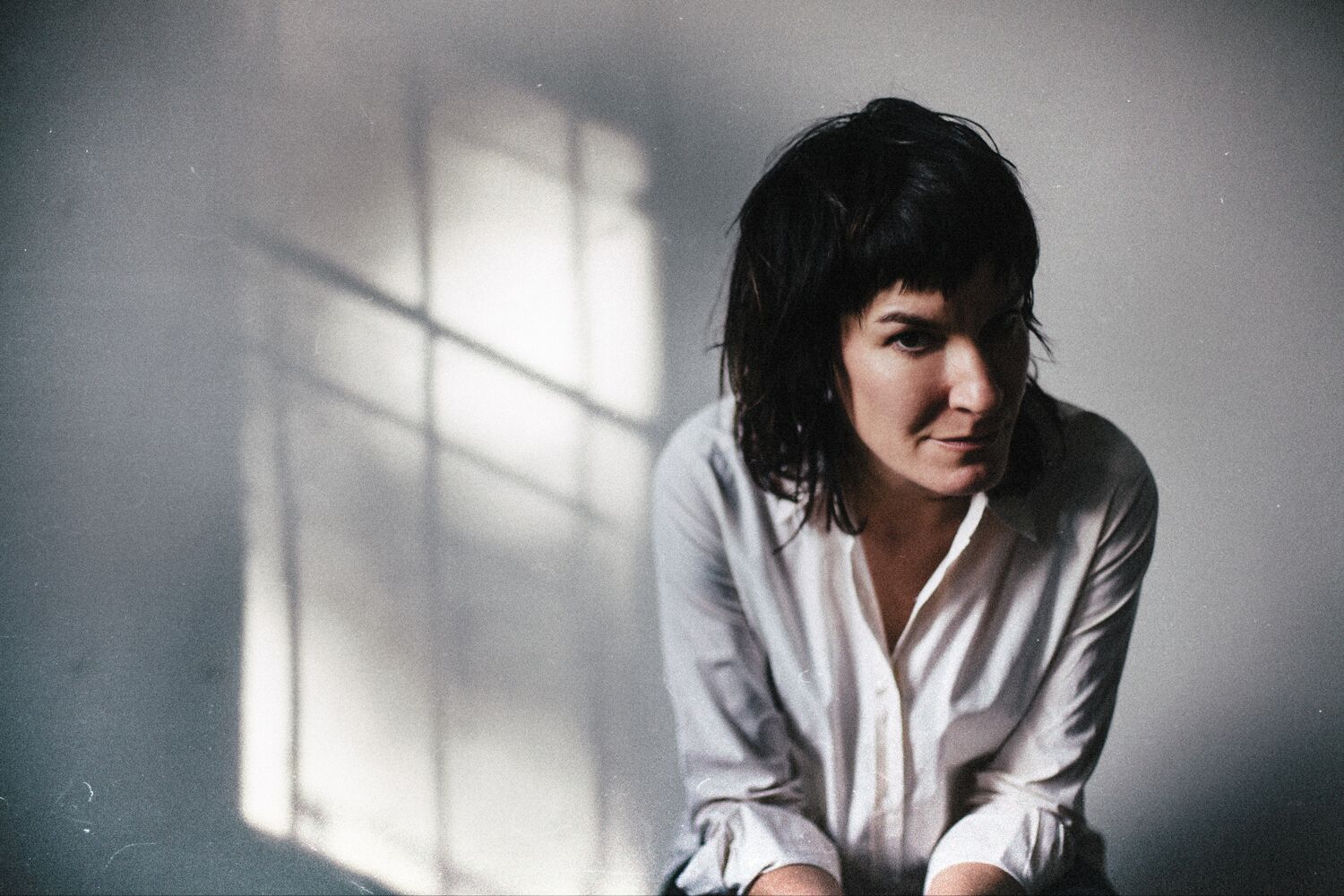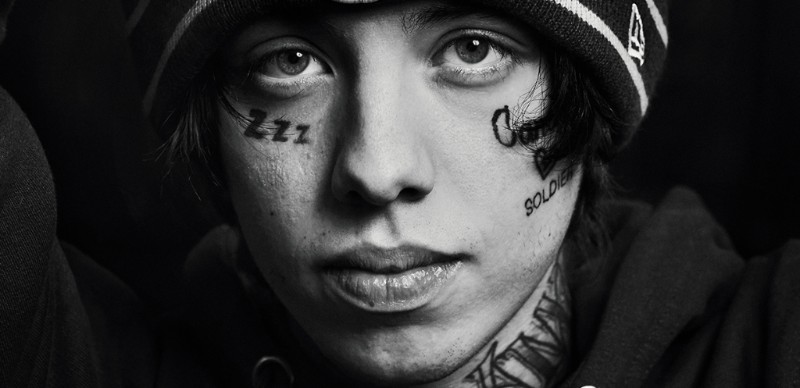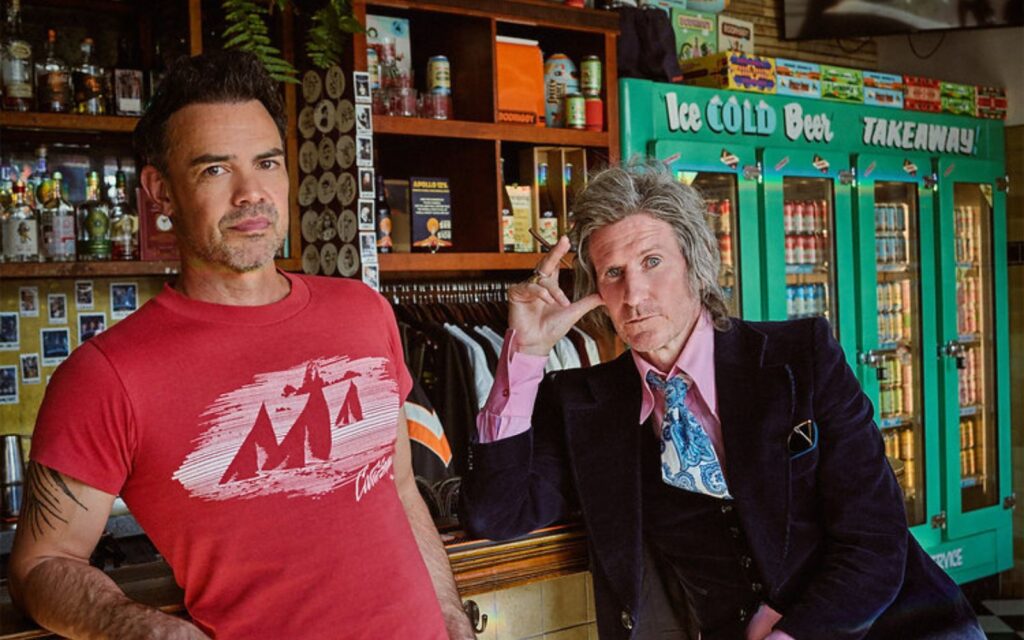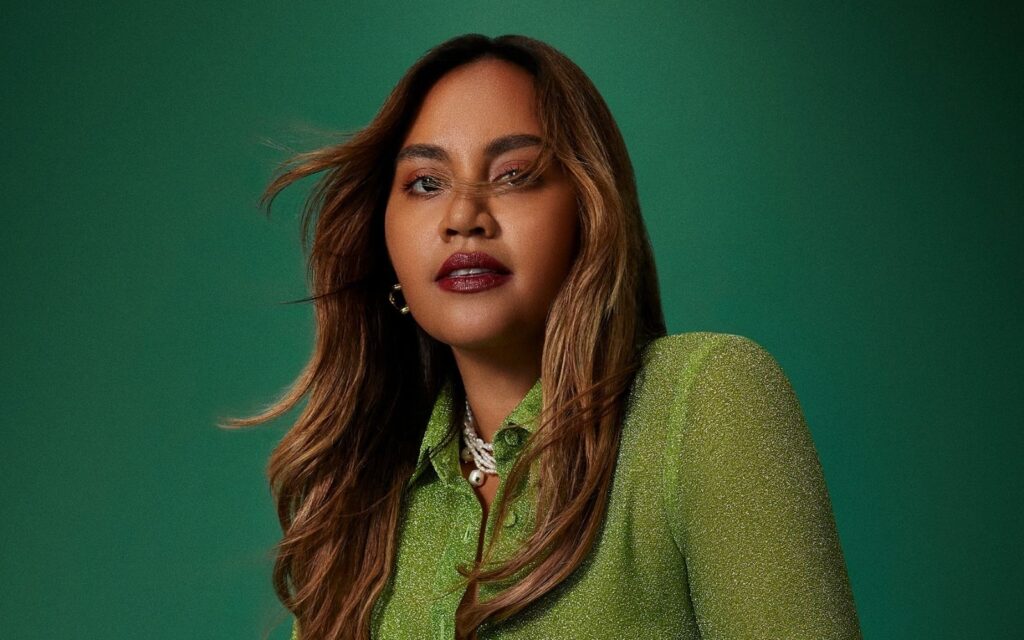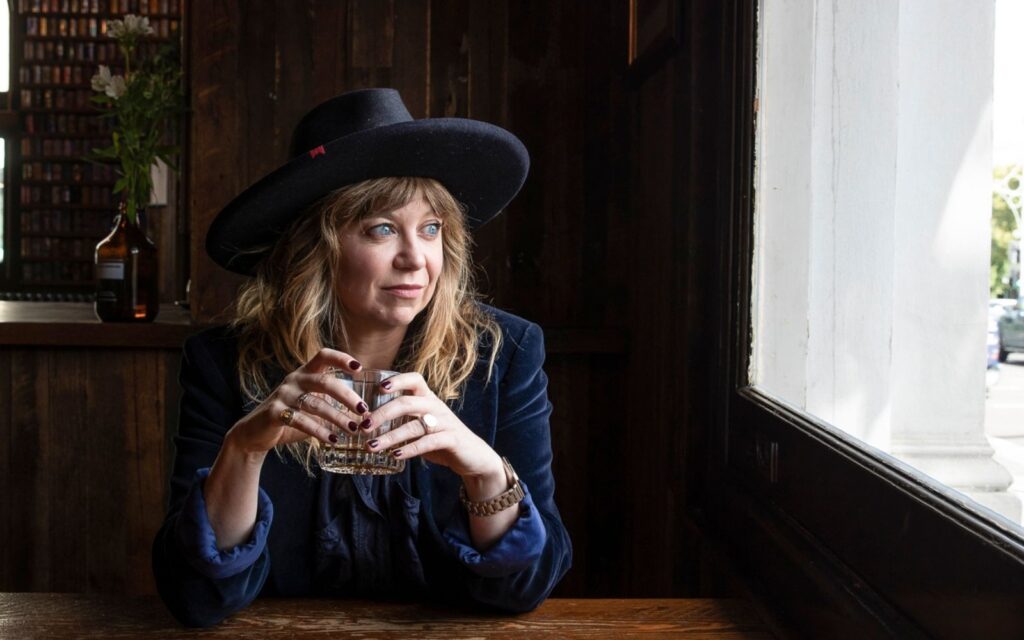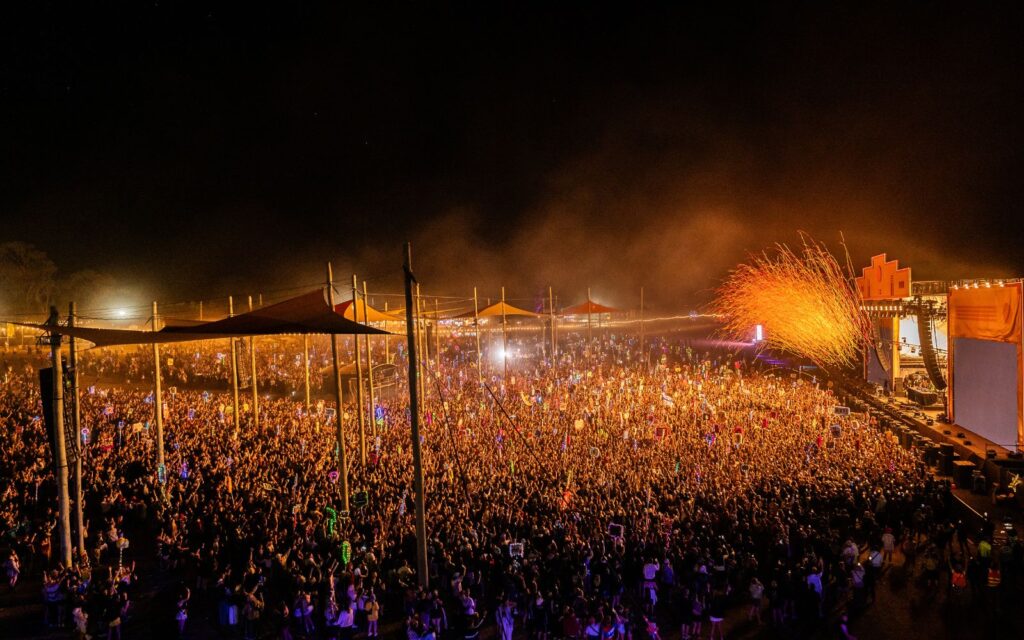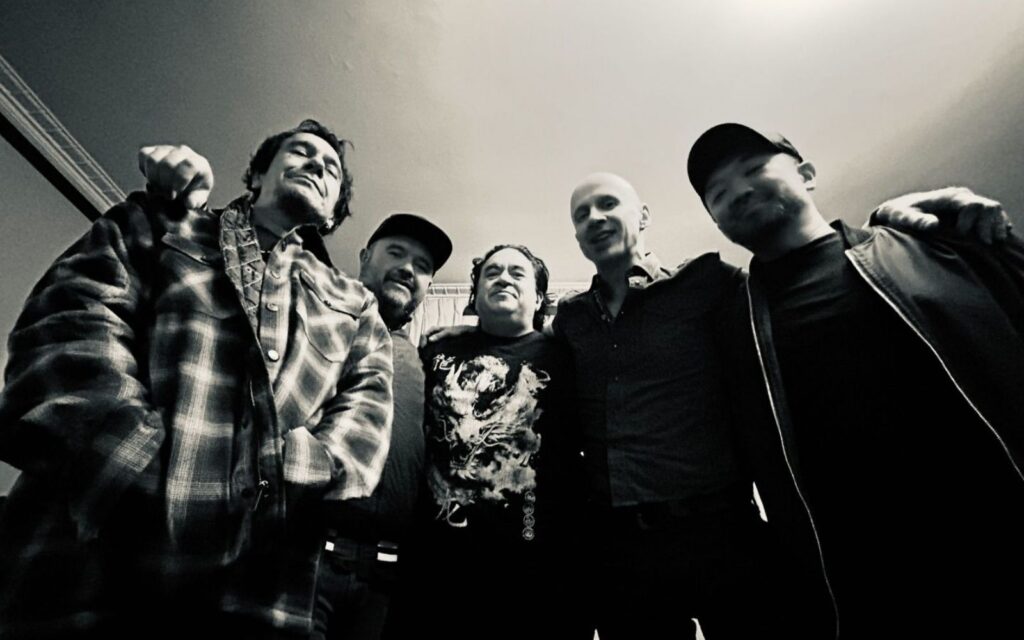The AWMAs is the brainchild of music producer and gender activist Vicki Gordon, brought to fruition with the help of journalist and academic, Tracee Hutchison. The pair met through each working within the music industry in the ‘80s and, having felt and witnessed the oppression women face in all facets of the industry throughout their careers, joined forces to bring Gordon’s vision of a female-focused music award association to life.
Despite the gender imbalance that has barely shifted over the past 25 years, which sees significantly less women than men appearing on radio, festival lineups, in boardrooms within the Australian music industry and as award recipients, both Gordon and Hutchison feel positive that change is on the horizon – though this change is only attainable through action.
“When you think about the evolution of Aussie rock, which was shaped in the pubs in the ‘60s and ‘70s, it’s not hard to join the dots about why men ended up with the lion share of the spotlight – on stage and off. Those legacies have been long-lasting,” Hutchison says. “The ARIA Board is still exclusively a men-only boardroom, because you have to own or run a major record company to be at the table. That’s a problem.”
“It’s the decision makers who determine the culture and future of the music industry. It’s the decision makers who shape the face of the music industry and are responsible for how it’s projected and perceived by the mainstream,” Gordon adds. “We’re not saying that women have got a monopoly on being cutting edge and innovative, but at the moment, the industry is saying that men do.”
The AWMAs don’t just serve to recognise Australian female and gender nonconforming artists, either. Across the 14 award categories, the majority portion is dedicated to celebrating women working behind the scenes in areas such as live production, studio production, and music education.
Gordon and Hutchison, as well as the Advisory Council for the AWMA, felt it was important to recognise cultural diversity and the broad range of roles which contribute to the Australian music scene, as it’s these women whose efforts are most often overlooked.
“Women have been absent, and therefore less visible, on our peak and independent boards; in key business decision making roles; in technical and production areas; in music photography and film making; in publishing and the list goes on,” says Gordon.
“The AWMA’s are all about acknowledging that women are the frontline, the backline and the creative and managerial glue that holds much of the industry together, so it was important that the award categories reflected the breadth of those contributions,” Hutchison explains. “It was a long and very considered process that was all about creating a new model to recognise and acknowledge that the contributions of women are often different or less visible than men.”
Nominations for the first AWMAs are now open to the public, with a Juror Council comprising of both men and women set to determine the shortlisted nominees before the finalists are decided by the AWMA Council.
The first Australian Women in Music Awards ceremony will be held at the Brisbane Powerhouse this October, where Gordon says attendees can expect a range of culturally diverse performances, including a high-profile reunion in honour of the event.
“I hope that 2018 is a red-letter year. A year that hopefully redefines gender and power dynamics in ways that are sustained generationally, not cyclically. That women will be paid equally for their labour, appointed to senior roles and supported to stay in them,” says Hutchison. “That we can go to gigs in safe spaces and walk at night without fear. That we can look back on the incredible work of so many women, and men, who are doing brilliant and often quiet things to create positive change across a broad spectrum of Australian life and say, ‘This is what equality looks like.’”
“Never before have women been heard and believed in the way they are today. Those that are genuinely interested in creating change don’t want to miss the inaugural AWMAs,” says Gordon. “You cannot be what you cannot see. History is finally on our side.”
